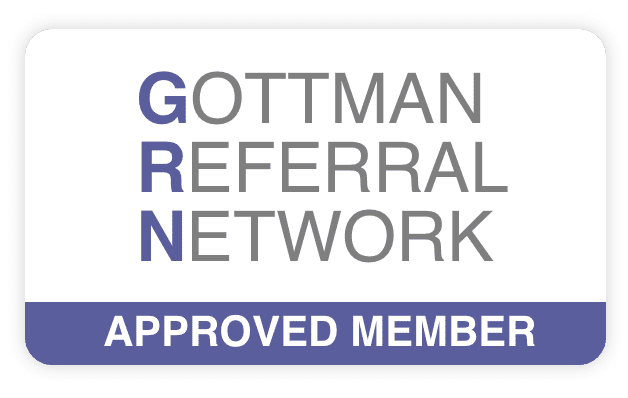2016 Is Testing Us. Here’s How to Get An A.
For most, this has been a challenging year. The past 12 months have been in our face, a barrage of tweets, blogs, sensational headlines, and viral videos. Violence seems everywhere: racial profiling, terrorist attacks, the murder of policemen, peaceful protests met with aggression, and hate crimes on the rise. Vitriolic partisan stalemates and election stress have only made things worse. And if that isn’t enough, this year has had 15 large-scale disasters and another record-breaking global temperature high. All of this can leave us feeling stressed, traumatized, anxious, or depressed.
As the year winds down, it is very tempting to see 2016 as unusual, as a bad year. It is appealing to try and forget it, put it behind us, and move on. My advice is, don’t.
These events are unfortunately not an aberration; it is likely that more of these events and issues will come. So rather than stick our head in the sand, it is far more effective—and healthy—to be curious about the issues, learn about what disturbs you about them, and then act accordingly. How? Take these three steps.
First, don’t let hate beget more hate. We become the very thing we do not like and want in our world if we respond to these events with bitterness, anger, or retaliation. Let your feelings of hurt, anxiety, or anger transform into energy for positive change. If confronted with negativity, respond with positivity or in the words of our First Lady, “When they go low, we go high.”
Second, don’t just do something; sit there. So much is said by so many and yet no one is being heard. It is this absence of meaningful dialogue that contributes to many of the problems we face today. So, don’t just do something, sit there—listen and learn about the issue. Once someone feels heard, it is more likely that they will listen, too.
Third, don’t give up; the secret to overcoming is persistence. If you don’t like a situation, work to make it better. Change can take time so be patient. Start by choosing a cause you believe in and mobilize: Sign a petition, join a protest or town meeting, volunteer, engage in a dialogue, or donate to a cause. Connect with others to gain momentum and make it social. The act of doing something can lead to feeling better.
While this may sound like a primer for political action, it is not. Striking the right tone, listening, and persistent action are the keys to good communication and mental health. Decades of research in clinical science has shown that this approach is the key to overcoming stress, trauma, and suffering. It is the way to move forward and grow healthier. It is what we in the mental health world call post-traumatic growth. Stuffing feelings lead to body symptoms like headaches, stomachaches, and lower back pain. Working through your feelings leads to a more positive, healthy life.
So before you wave goodbye to 2016, take the right attitude, listen, and empower yourself to act—and have a happy and healthy new year.
